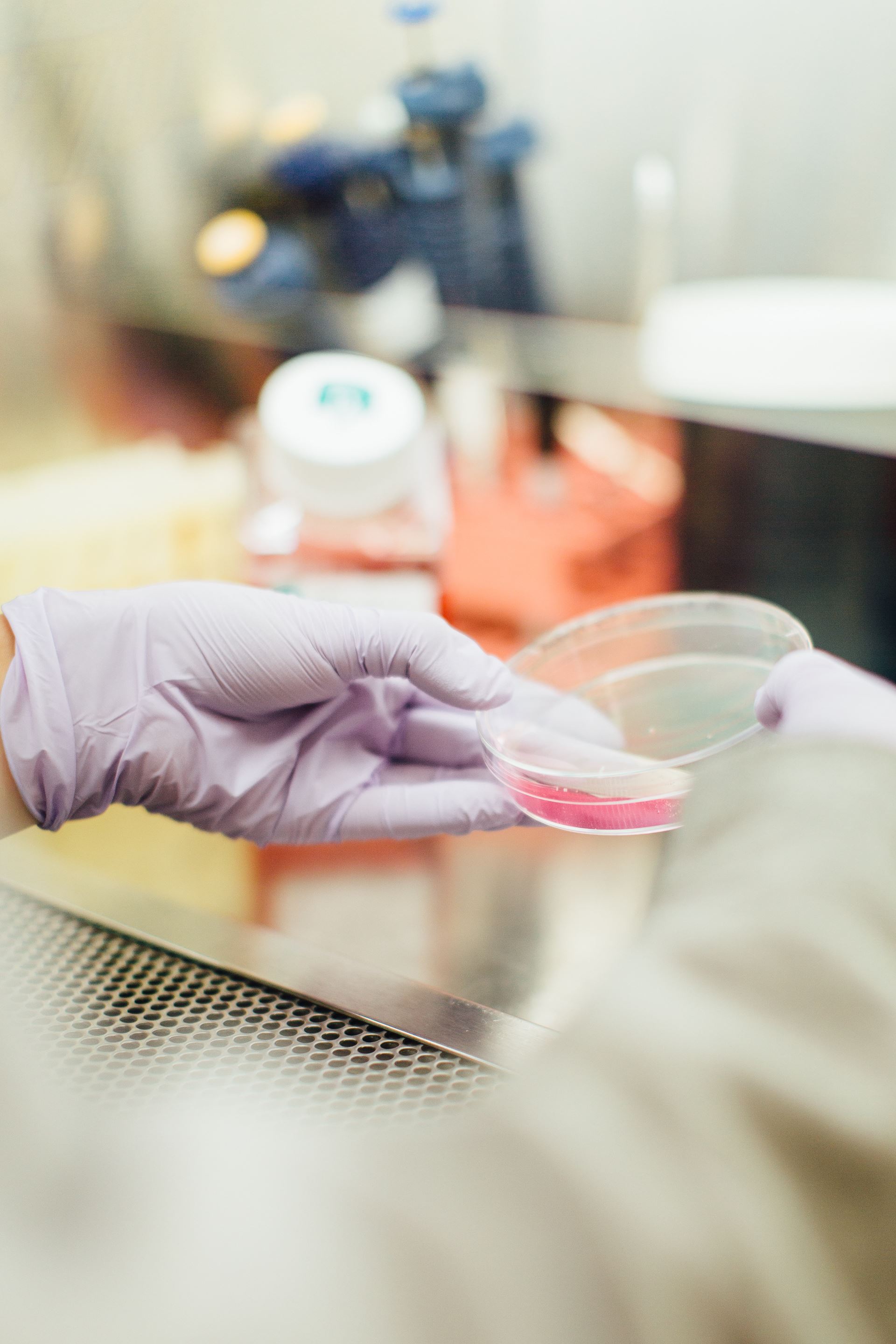Test Results
Results Of Tests And Investigations
It is not Practice policy to contact patients with results unless the doctor feels it is necessary. YOU are to contact the surgery after 1 - 2 weeks for any test results you have (blood tests, scan, X-ray etc.) Please be aware certain scans ie MRI/ CT can take up to 6 weeks for the results to be sent through to the Surgery.
If your Consultant has requested the Scan/ Test please contact your consultant's Secretary for the results.
To minimise disruption to the surgery please ring for non-urgent advice and test results after 11:00.
Copies of Investigations, Results and Correspondence
If you require copies of any investigations, results or correspondence please ask for this in person with Proof of ID or in writing by emailing the Surgery. We can email the results to you if you have a varified email address.

Blood Tests
A blood test is when a sample of blood is taken for testing in a laboratory. Blood tests have a wide range of uses and are one of the most common types of medical test. For example, a blood test can be used to:
- assess your general state of health
- confirm the presence of a bacterial or viral infection
- see how well certain organs, such as the liver and kidneys, are functioning
A blood test usually involves the phlebotomist taking a blood sample from a blood vessel in your arm and the usual place for a sample is the inside of the elbow or wrist, where the veins are relatively close to the surface. Blood samples from children are most commonly taken from the back of the hand. The childs hand will be anaesthetised (numbed) with a special cream before the sample is taken.
You can find out more about blood tests, their purpose and the way they are performed on the NHS Choices website.
X-Rays
An X-ray is a widely used diagnostic test to examine the inside of the body. X-rays are a very effective way of detecting problems with bones, such as fractures. They can also often identify problems with soft tissue, such as pneumonia or breast cancer.
If you have an X-ray, you will be asked to lie on a table or stand against a surface so that the part of your body being X-rayed is between the X-ray tube and the photographic plate.
An X-ray is usually carried out by a radiographer, a healthcare professional who specialises in using imaging technology, such as X-rays and ultrasound scanners.
You can find out more about x-ray tests, how they are performed, their function and the risks by visiting the NHS Choices website.
Page created: 19 July 2022
